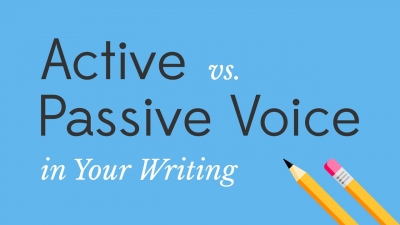How computer will help you in improving language skills?

Dictionary
Most of the physical dictionaries such as Oxford, Cambridge and Macmillan have online sites. To develop your vocabulary, you can refer to these sites. An easier way to find the meaning of a word is through Google Search. You can just type the word followed by ‘meaning’ in the search bar and you will get the answer instantly.
Translators
Developing a rich vocabulary is important to gain mastery over a language. While the dictionary can help you learn new words, there are several translators online that let you identify the equivalent of a word in the language you wish to communicate. The easiest translator to use is Google Translate. It is in-built with Google search. All you need to do is key in the word and the language to which you would like it translated. For example - Type "Translate happy to hindi" and see what happens.
Blogs
Writing and reading are the best ways to improve language skills. There are several blogging sites that let you blog and consume content for free. Blogging lets you voice your opinion and improve your skills by way of feedback from your readers. You can also read blogs written by others to understand how they communicate and learn the best practices. There are several blogging sites that can be used for free such as Blogger and WordPress.
Online courses
Several websites offer free and certified courses in language. You can watch and learn at your own pace and get advice from certified instructors and peers. These courses also help you build an online network and connect with people from all over the world, thereby helping you learn the language faster.
Spelling checks
Spelling errors can be common in the initial phase of learning a language. Sometimes, spellings can also go wrong when typing. To avoid these mistakes, and to identify the correct spelling, spell checkers in text editors are useful. Spell checkers underline a word in red if the spelling is wrong and offer you suggestions for the right spelling.
Grammar checkers
Grammar is considered the foundation of any language. It is essential for effective communication. Grammar checkers in text editors and software, which you can install, can be helpful in improving grammar skills. In text editors, a grammar mistake is usually underlined in green. There are also websites such as Grammarly that help you correct your grammar mistakes instantly while typing out a mail or posting content on social media.
Audiobooks and Ebooks
It is said that listening and reading are great ways to master languages, especially pronunciation. There are plenty of free audiobooks and ebooks available online. Just choose your favourite story and start listening to it as an audio file or reading it on your laptop. It's a fun way to improve your listening, reading and language skills.
Picture Credit : Google



